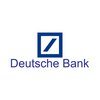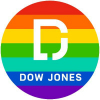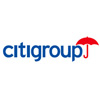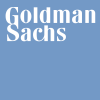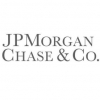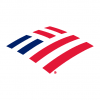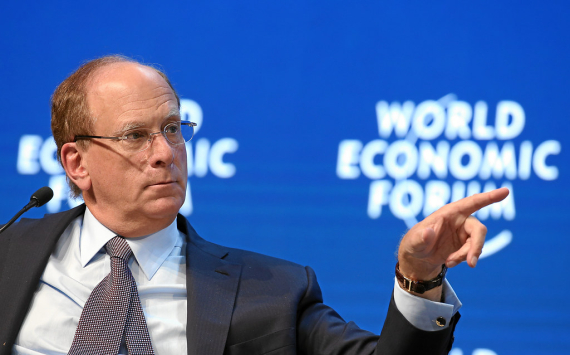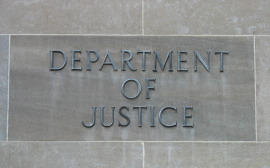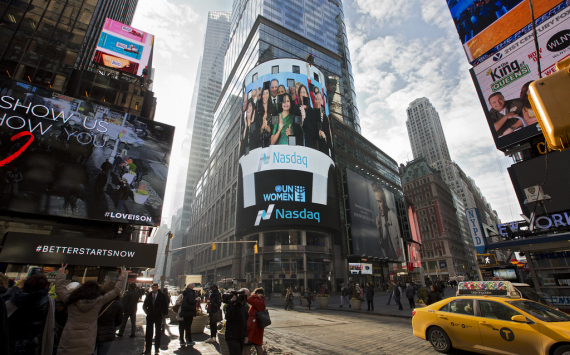
Stock market on Friday
The US stock market ended Friday's trading with gains in the utilities, health care and consumer goods sectors.
At the close on the New York Stock Exchange, the Dow Jones was up 0.41 per cent, the S&P 500 was up 0.56 per cent and the NASDAQ Composite was up 0.31 per cent.
The CBOE Volatility Index, which is derived from options trading on the S&P 500, fell 3.85% to 21.74.
Gold futures for April delivery lost 0.75%, or 14.90, to $1.00 per troy ounce. In other commodities, WTI crude futures for May delivery fell 1.09%, or 0.76, to $69.20 a barrel. Brent crude futures for May delivery fell 1.25%, or 0.95, to $74.96 a barrel.
The collapse of Silicon Valley Bank has raised concerns about financial stability among investors, leading to uncertain sentiment in the banking industry on Friday. In a speech in St. Louis, James Bullard expressed optimism that financial stress would decrease, citing an 80% probability of improvement.
However, the stock market reflected a different story as major banks such as JPMorgan Chase (JPM), Wells Fargo (WFC), Citigroup (C), and Goldman Sachs (GS) closed lower. Bank of America (BAC) was able to recover from previous losses and finished the day flat.
On the other hand, regional banks like PacWest Bancorp (PACW), Western Alliance Bancorporation (WAL), and Regions Financial (RF) experienced a rebound in midday trading, closing higher despite earlier losses. First Republic Bank (FRC) briefly turned positive around 2 p.m. ET but ultimately ended the day down over 1%.
In Europe, Deutsche Bank (DB) and UBS (UBS) saw a decline in their shares, with Deutsche Bank's credit default swaps reaching a four-year high, exacerbating concerns about stability abroad. This followed Credit Suisse's downfall, which continued to affect European banks. According to Reuters, Deutsche Bank's credit default swaps, a type of insurance against default, reached a four-year high, further highlighting concerns about stability abroad.








